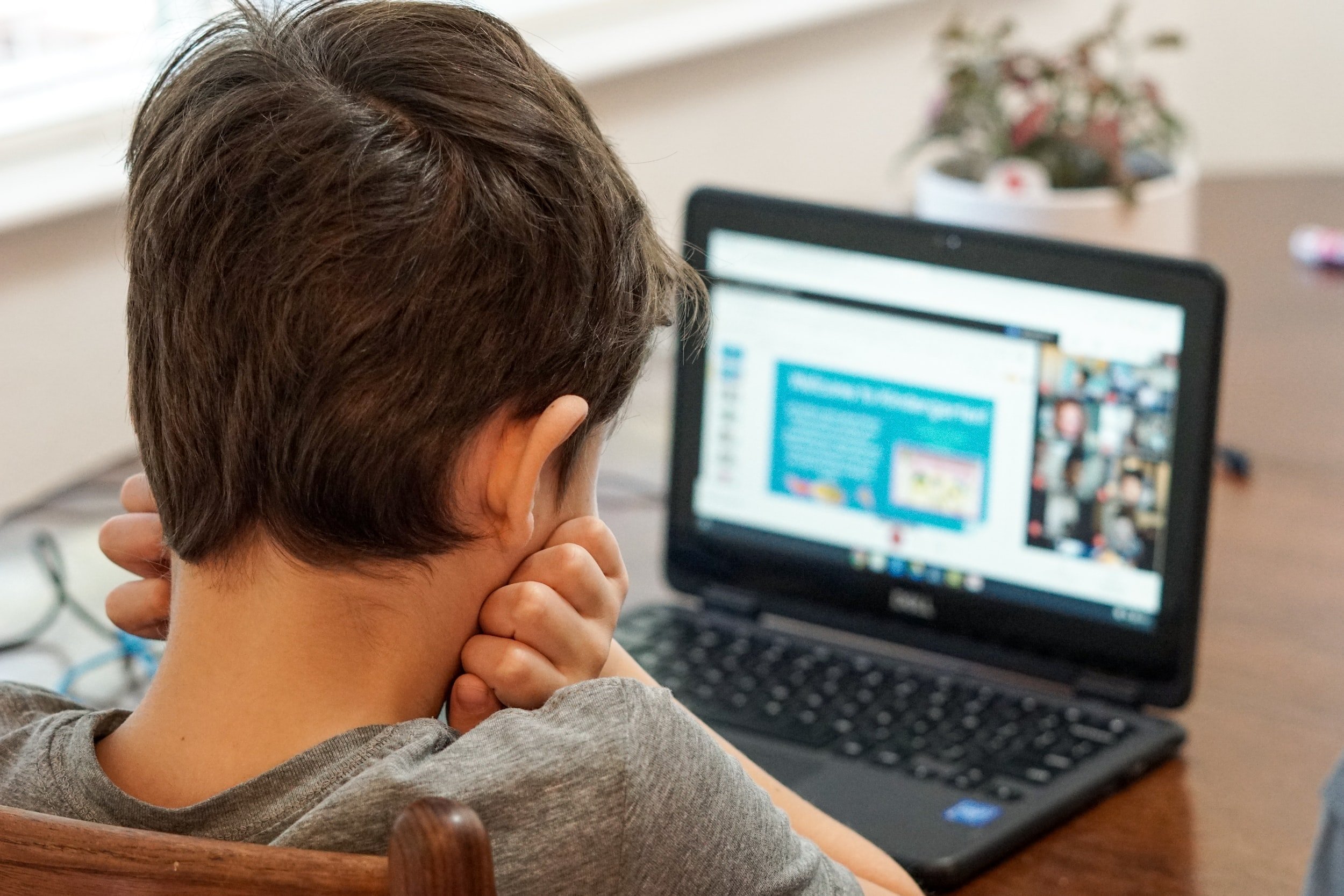
In this section:
Education
Safeguarding in Education
The Government provides guidance for schools and colleges on Keeping Children Safe in Education, It should be read alongside statutory guidance Working Together to Safeguard Children 2023 and departmental advice.
Schools Conference held at Trinity Park, Ipswich
Keeping Children Safe in Education 2023
KCSIE 2023 is statutory guidance from the Department for Education issued under Section 175 of the Education Act 2002, the Education (Independent School Standards) Regulations 2014, the Non-Maintained Special Schools (England) Regulations 2015, and the Education and Training (Welfare of Children) Act 2021.
Stop and Search Guidance for Schools
Child on Child Abuse
Model Child Protection and Safeguarding Policy
Suffolk Education and Learning colleagues have a model policy for schools to develop into their own school safeguarding policy - Updated Model Child Protection & Safeguarding Policy, September 2023
Ofsted Guidance on Safeguarding
The Government has provided a checklist for schools on what to look for with regards to Safeguarding during an Ofsted inspection.
Schools Intelligence Reporting Tool for County Lines and Criminal Exploitation
Trans Inclusion Schools Toolkit
The Trans Inclusion Schools Toolkit from Brighton and Hove has been updated. The toolkit supports trans, non-binary and gender questioning children and young people in educational settings and answers questions you may have about trans issues.
Guidance for schools on maintaining and transferring pupil safeguarding/child protection records
This guidance Maintaining and transferring pupil safeguarding/child protection Records replaces the previous document ‘Managing Shared Information: Guidance for schools and education settings on Child Protection (CP) and Children in Need (CiN)/pupil file structures and managing file movement’. The revised guidance sets out the legal framework and good practice guidance for the maintenance, retention and transfer of pupil child protection records between schools. Any copies of the previous guidance should be discarded.
Children Missing from Education
The Department for Education describes a young runaway as ‘a child or young person up to the age of 18 who has run away from their home or care placement, or feels they have been forced to leave, or whose whereabouts is unknown’.
Children with Disabilities: Restraint and Seclusion in Schools
The Challenging Behaviour Foundation has published a report looking at the use of restrictive interventions on disabled children and young people aged 0-25 in schools. Restrictive interventions can include: physical restraint, mechanical restraint, seclusion, blanket restrictions, and chemical restraint. Findings from data from 566 case studies collected by Positive and Active Behaviour Support Scotland (PABSS), and results from a Challenging Behaviour Foundation (CBF) survey completed by 204 families include: 88% of the respondents to the CBF survey said their disabled child had experienced physical restraint, with 35% reporting it happening regularly; the PABSS case studies included 1,058 reports of restraint and 544 reports of seclusion.
Schools Safeguarding Training
Suffolk Safeguarding Partnership has tried not to be overly prescriptive about how often schools deliver training courses. It is important that all new members of staff receive at least 2 hours Introduction to Safeguarding training and have a good understanding of basic safeguarding. Keeping Children Safe in Education (KCSIE) recommends that staff are updated ‘at least annually’.
Section 13 states - All staff members should receive appropriate safeguarding and child protection training which is regularly updated. In addition, all staff members should receive safeguarding and child protection updates (for example, via email, e-bulletins and staff meetings), as required, but at least annually, to provide them with relevant skills and knowledge to safeguard children effectively.
SSP recommends that schools give regular (at least annually, in line with KCSIE) updates for staff on recent safeguarding issues and agendas. Once this has been delivered, staff training records are updated and evaluations kept as evidence. These would sit alongside the basic training records to form a complete safeguarding training portfolio for each member of staff.
They can be contacted at:
Telephone: 0300 123 1420 option 6
Opportunity for all: strong schools with great teachers for your child
This white paper demonstrates how our education system can deliver on the government’s priority to level up across the country. The economic benefits of meeting the white paper’s ambitions, and the case for a fully trust led system, are also set out. You can read it here: The White Paper
SEND and AP green paper: responding to the consultation
How to help different groups respond to the special educational needs and disabilities (SEND) and alternative provision (AP) consultation. You can read it here: The Green Paper
Further Resources
Preventing and tackling bullying - Advice for headteachers, staff and governing bodies
DfE Protected Security and Preparedness Guidance for Education Settings
Protected Security and Preparedness Guidance and Templates for Education Settings
The Governing Body has a duty to ensure that the school meets its statutory responsibilities and ensure that the children and young people attending the school are safe. This applies equally to all school settings, including maintained schools, academies and free schools. Section 175 of the Education Act 2002, and regulations under section 157 relating to safeguarding pupils in Independent Schools (including academies), place a duty on the governing bodies of maintained schools, and academy trusts, to have arrangements in place to ensure that they:
Carry out their functions with a view to safeguarding and promoting the welfare of children; and
have regard to the statutory guidance issued by the Secretary of State in considering what arrangements they need to make for the purpose of that section. The statutory guidance, ‘Keeping Children Safe in Education Sept 2020’, outlines statutory requirements on all governing bodies.
School Governors & Safeguarding
Support for Governors
Suffolk County Council has a web page with resources for governing bodies
Schools Choice also provide governor services
Elective Home Education
Guidance for parents, information for schools, useful resources, news and events, FAQs and how to contact the Elective Home Education Team can be found at the link below.
There are some useful resources below for practitioners working with Early Years children.
Safeguarding Self-Assessment (SSA) Early Years
Suffolk County Council and the Suffolk Safeguarding Partnership must ensure all providers claiming early education entitlements have completed and returned a Safeguarding Self-Assessment.
It is a requirement of the Suffolk Agreement for List of Providers (LoP) that members return a SSA each year.
The safeguarding self-assessment can be found at the link below:
Early Years Safeguarding Self Assessment
More information for Suffolk childcare providers about SSA can be found below:
Safeguarding Self-Assessment (SSA) Early Years – Suffolk Learning
Early Years and Childcare Providers Safeguarding Training
Safer Recruitment
As an organisation that employs people to work with children you are required by law to safeguard children. By having robust safer recruitment policies and procedures in place you minimise the risk of employing anyone who may pose a risk to children.
Those responsible for recruitment need to demonstrate their understanding of safer recruitment practices and that these are followed when employing all staff not only early years’ practitioners.
For more information about Suffolk Training, Resources and the Safer Recruitment Guidance please see the link below.
Safeguarding Training, Resources & Safer Recruitment Guidance – Suffolk Learning





